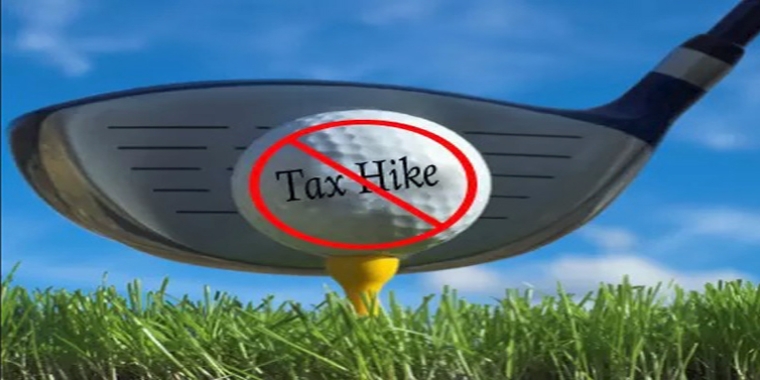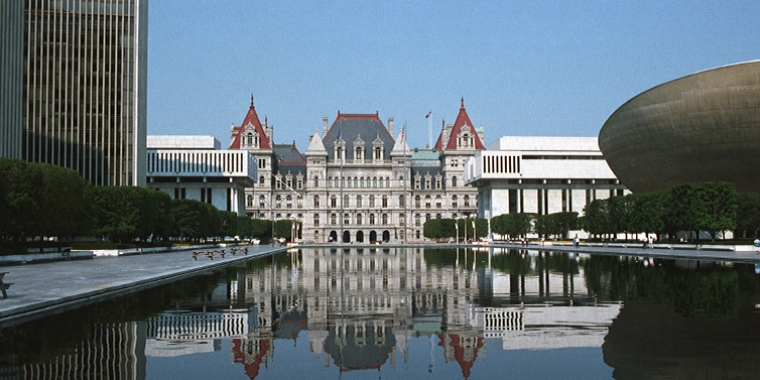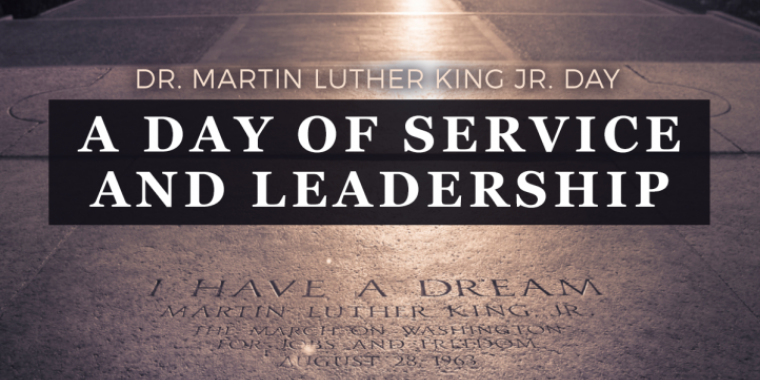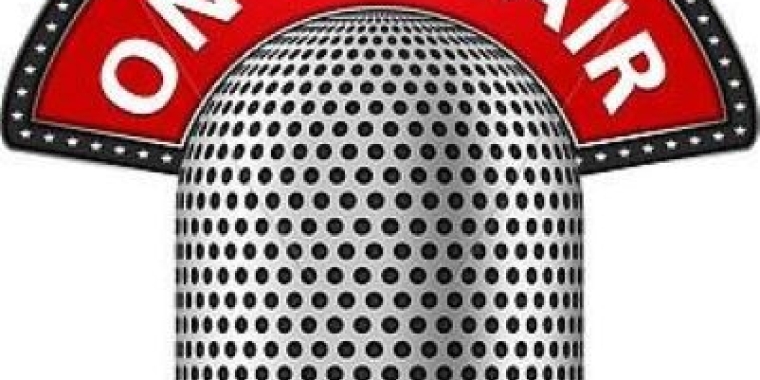
FORE! O’Mara tees off on proposed ‘Golf Tax’ as a hazard for economic growth and job creation
April 10, 2019
-
ISSUE:
- Local Taxes

Albany, N.Y., April 10—Senator Tom O’Mara (R,C,I-Big Flats) today teed off on legislation under consideration in the state Senate and Assembly that would allow localities to impose higher taxes on local golf course properties.
O’Mara said that if enacted, the new “Golf Tax” (S4420/A6444) could end up driving local courses out of business across the Southern Tier and Finger Lakes regions, as well as lead to higher green fees and others costs for area golfers.
“Watch out for the latest triple-bogey on a Democrat scorecard littered with big numbers thanks to our new New York State government. One-party control is proving to be nothing but a tax hazard for economic growth and job creation in New York State,” O’Mara said.
The legislation is sponsored by two downstate New York Democrats, Senator David Carlucci (D-Rockland County) and Assemblywoman Sandra Galef (D-Westchester County).
The measure would allow localities to assess golf course properties based upon their “highest and best use” rather than their current use. According to the legislation’s sponsors, that would, for example, give assessors the option to consider valuing golf course properties based upon the possibility that “the property may be located in a prime-real estate area where developers are willing to pay a premium for developable land” in the future.
Taxes for many golf course owners could skyrocket under that scenario, O’Mara said.
“Their proposed ‘golf tax’ is out of bounds and puts yet another key sector of our regional recreational and tourism economy at risk,” O’Mara said.
The legislation is sponsored by two downstate New York Democrats, Senator David Carlucci (D-Rockland County) and Assemblywoman Sandra Galef (D-Westchester County).
The measure would allow localities to assess golf course properties based upon their “highest and best use” rather than their current use. According to the legislation’s sponsors, that would, for example, give assessors the option to consider valuing golf course properties based upon the possibility that “the property may be located in a prime-real estate area where developers are willing to pay a premium for developable land” in the future.
Taxes for many golf course owners could skyrocket under that scenario, O’Mara said.
According to estimates, New York’s golf industry generates an annual economic output of $5.3 billion and accounts for nearly 60,000 jobs.
Share this Article or Press Release
Newsroom
Go to Newsroom


